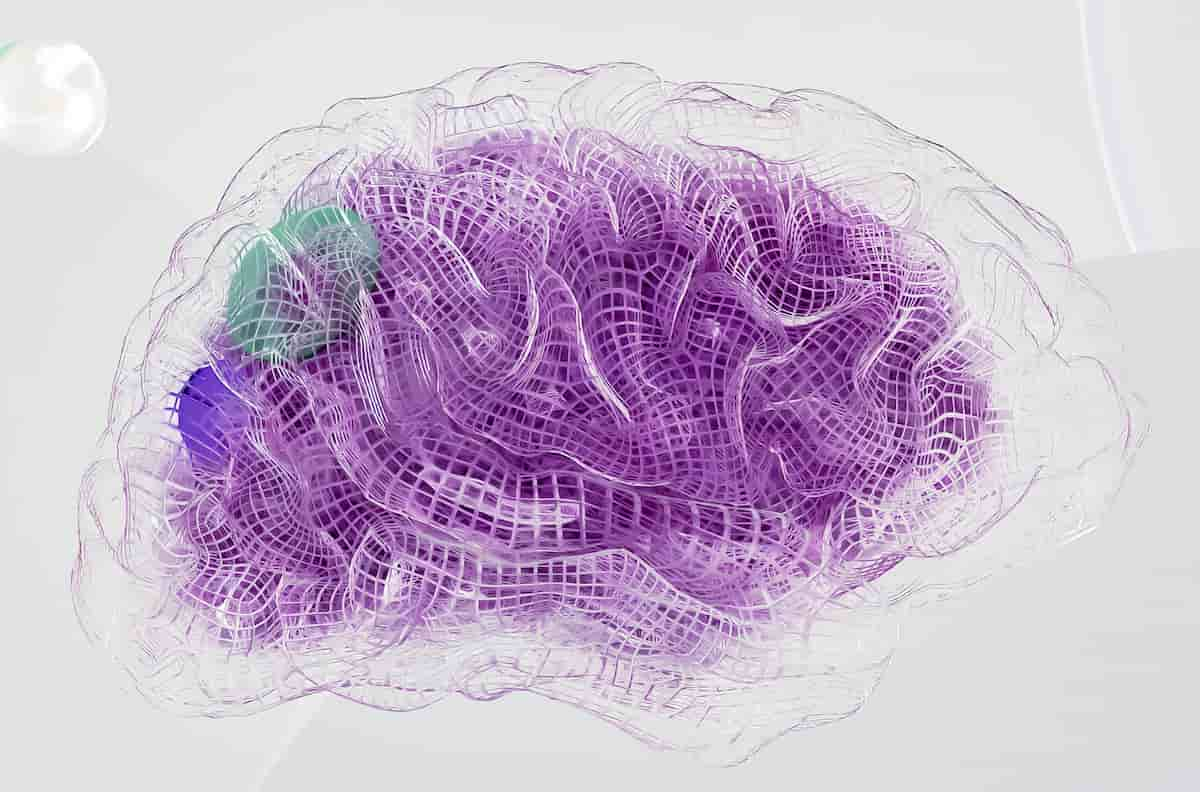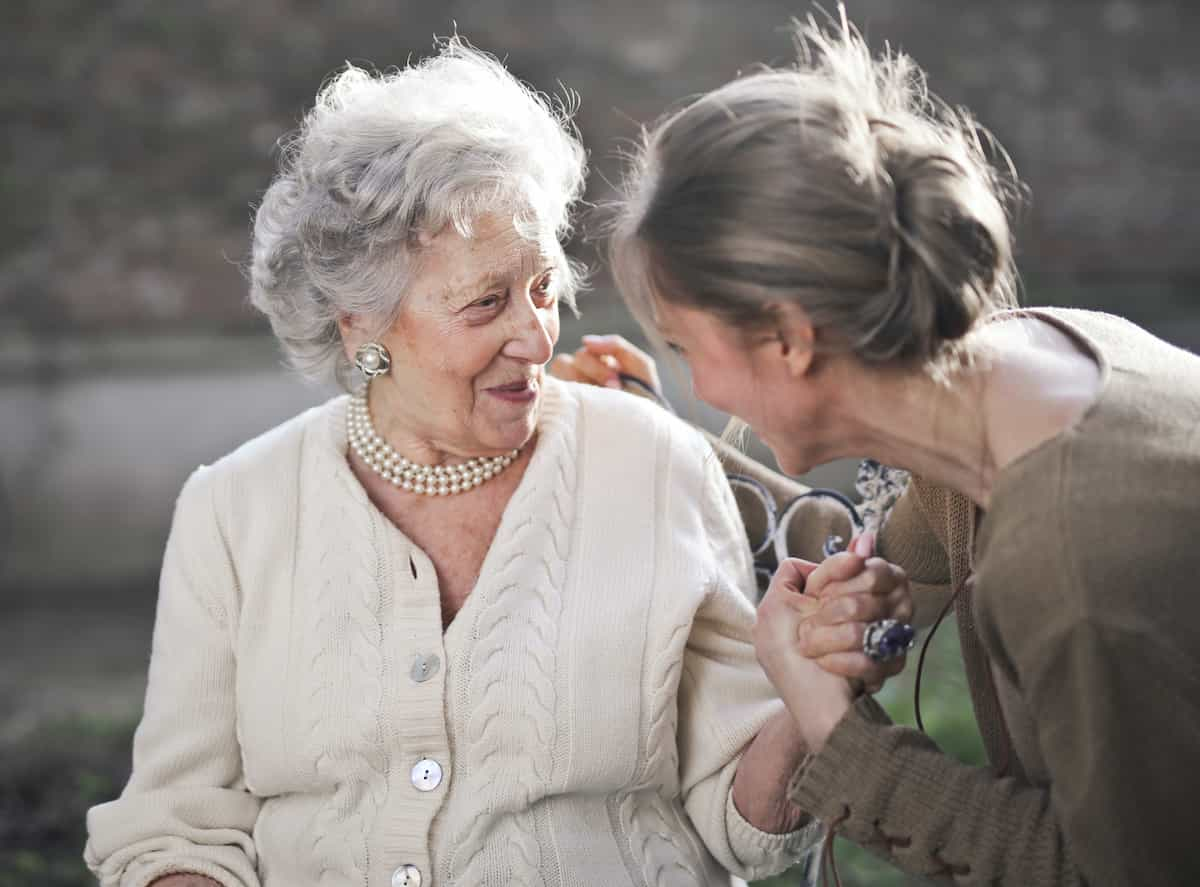A sense of purpose in life gives you this considerable advantage.
People with a sense of purpose in life have a lower risk of death and cardiovascular disease.
The conclusions come from over 136,000 people who took part in 10 different studies.
Participants in the studies were mostly from the US and Japan.
The US studies asked people:
- how useful they felt to others,
- about their sense of purpose,
- and the meaning they got out of life.
Ikigai
The Japanese studies asked people about ‘ikigai’ or whether their life was worth living.
The participants, whose average age was 67, were tracked for around 7 years.
During that time almost 20,000 died.
But, among those with a strong sense of purpose or high ‘ikigai’, the risk of death was one-fifth lower.
Despite the link between sense of purpose and health being so intuitive, scientists are not sure of the mechanism.
Sense of purpose is likely to improve health by strengthening the body against stress.
It is also likely to be linked to healthier behaviours.
Dr. Alan Rozanski, one of the study’s authors, said:
“Of note, having a strong sense of life purpose has long been postulated to be an important dimension of life, providing people with a sense of vitality motivation and resilience.
Nevertheless, the medical implications of living with a high or low sense of life purpose have only recently caught the attention of investigators.
The current findings are important because they may open up new potential interventions for helping people to promote their health and sense of well-being.”
This research on links between sense of purpose in life and longevity is getting stronger all the time:
- A 2009 study of 1,238 elderly people found that those with a sense of purpose lived longer.
- A 2010 study of 900 older adults found that those with a greater sense of purpose were much less likely to develop Alzheimer’s disease.
- Survey data often links a sense of purpose in life with increased happiness.
Related
The study was published in the journal Psychosomatic Medicine (Cohen et al., 2015).










